Make Your Own Cleaning Wipes in 20 Minutes
Difficulty: Novice
Time: 20 minutes
Cost: ~$5
Why You'll Like This
You know that moment when you reach for a cleaning wipe and the container is bone dry? Or when you realize you're paying premium prices for something that's basically water, soap, and preservatives wrapped in plastic? Here's your fix: DIY cleaning wipes cost as little as $0.02 per wipe compared to store-bought versions, and they work just as well, sometimes better.
The best part? You control exactly what goes into them. No mystery chemicals, no nose-tingling fragrances that make you sneeze, and no more running out at the worst possible moment. Plus, you can customize these wipes for different surfaces, think glass cleaners, wood-safe versions, or heavy-duty disinfecting wipes.
What You'll Need
Materials
2 cups (475ml) distilled water
1/2 cup (120ml) white vinegar OR 1 cup (240ml) rubbing alcohol (70% isopropyl)
1 teaspoon (5ml) liquid castile soap or Dawn dish soap
15-20 drops essential oil (optional, tea tree, lemon, or lavender work great)
Tools
Quart-sized mason jar with lid (or any airtight container)
Measuring cups
15-20 cloth squares (old t-shirts, washcloths, or cotton fabric work perfectly)
Scissors (if cutting your own cloths)
Safety First
Never mix bleach with vinegar or ammonia, this creates dangerous chemical reactions
Work in a well-ventilated area with open windows when using rubbing alcohol
Wear gloves if you have sensitive skin
Label your container clearly, especially if using food storage containers
Keep away from children (rubbing alcohol formulas especially)
Steps
Prepare your cloths first. Cut cotton fabric into 6-inch (15cm) squares, or grab those old washcloths you never use. Roll up each piece of cloth and place standing up in the jar like little soldiers, this makes them easier to grab later.
Mix your cleaning solution in a separate bowl. For gentle cleaning, use the vinegar version. For stronger disinfecting power, go with the rubbing alcohol formula. Add the soap and essential oils, then stir gently to combine everything evenly.
Tip: Using distilled water helps minimize spots and keeps formulas stable longer than tap water.
Saturate the wipes carefully. Pour the solution over the wipes, ensuring they're fully saturated but not dripping wet. The cloths should feel damp to the touch, not soaking. Push down gently as needed to submerge cloths in the liquid cleaner.
Let them soak and distribute. Seal the container tightly and and let the wipes sit for at least 15-30 minutes to absorb the solution completely. Give the jar a gentle invert once or twice to coat everything evenly.
Why it works: White vinegar (acetic acid) can break down grease, mineral deposits, and reduce some bacteria in lab tests, which makes it a useful household cleaner — but plain vinegar is not an EPA-registered disinfectant and should not be relied on to sanitize surfaces after illness or food contamination. For reliable disinfection use an EPA-registered disinfectant, 70% alcohol, or a properly diluted bleach solution per CDC/EPA guidance. For extra cleaning power, the soap helps tackle grease and stubborn grime that vinegar alone might miss.
Cleanup & Disposal
Rinse mixing bowls with warm water immediately after use
Store leftover ingredients in their original containers
Used wipes can be tossed in the washing machine with hot water and reused multiple times
When solution runs low, mix up a fresh batch using the same ratios
Troubleshooting
Problem: Wipes are too wet and dripping → Fix: Wring out excess solution before using, or add a few more cloth squares to absorb extra liquid
Problem: Solution evaporates quickly → Fix: Check that your container has an airtight seal. The container should be airtight to prevent drying out. Consider switching to a glass jar with rubber gasket.
Problem: Wipes leave streaks on glass → Fix: Use less soap (try 1/2 teaspoon instead) and wipe surfaces in a circular motion for crystal-clear shine
Problem: Wipes smell musty after a week → Fix: This indicates contamination. Toss the batch, sanitize your container, and start fresh with distilled water.
Variations & Upgrades
Surface-Specific Recipes:
Glass cleaner wipes: Use vinegar formula with no soap, add 5 extra drops of lemon essential oil for streak-free cleaning and fresh scent
Wood-safe wipes: Mix ingredients well and soak cloths lightly since wood doesn't like excess moisture. Use only 1/4 cup (60ml) vinegar to 2 cups water, and add 2 drops of orange oil.
Heavy-duty disinfecting: Use an EPA-registered disinfectant, 70% isopropyl/ethyl alcohol, or 3% hydrogen peroxide applied per CDC contact-time guidance. If using hydrogen peroxide, do not mix or store it with vinegar (this can form peracetic acid, which is corrosive and hazardous). Note hydrogen peroxide can bleach fabrics — test first and follow contact-time instructions on the product label.
Travel-Sized Version: Pour some mixed solution into a small plastic food storage container and cut rags in half to create 5-inch x 6-inch (13cm x 15cm) travel-friendly wipes. Perfect for cars, purses, or desk drawers.
Eco-Friendly Upgrade: Use reusable wipes in a glass jar so nothing goes into the trash after each cleaning session. Old cotton t-shirts work perfectly and can be washed dozens of times.
Storage Tips That Actually Matter
Here's what makes the difference between wipes that last weeks and ones that turn into expensive disappointments overnight. Keep wipes in an airtight container, preferably in a cool place away from direct light to maintain moisture and potency.
Shelf Life Reality Check: Shelf life — be conservative. Homemade wipes' longevity varies widely by ingredients, container tightness, and cloth hygiene. As a rule: make small batches, store in airtight containers, and discard if you see mold, off-odors, or sliminess. Practical guidance used by cleaning experts: soap-based mixes — use within 1–2 weeks; alcohol-based mixes (properly ≥70%) may remain microbially safer longer but still make small batches and inspect before use; vinegar-only cleaners are chemically stable but cloth contamination can still cause spoilage. When in doubt, remake the batch.
Signs It's Time to Replace: Off smell, visible mold spots, or wipes that feel slimy instead of just damp.
Pro Storage Tip: Small zip-top bags or recycled containers work well for storage too. Always label containers clearly with contents and date made to avoid confusion.
Why This Simple Switch Pays Off
The math is compelling when you break it down over a full year. Making your own wipes is significantly cheaper than buying pre-made versions over time. If your household uses one container of store-bought wipes weekly (at $4 each), you're spending over $200 annually. This recipe makes the equivalent for about $20 per year in materials.
Beyond the savings, many commercial wipes contain bleach, synthetic fragrances, and toxic preservatives that can irritate skin and harm indoor air quality. You're eliminating exposure to quaternary ammonium compounds, quats, that can trigger asthma and hormone disruption. Most ingredients like vinegar, rubbing alcohol, and essential oils are affordable and multi-purpose, so you'll use them for other household tasks too.
The environmental impact extends beyond just personal health. Creating homemade wipes supports a sustainable lifestyle and reduces chemical exposure and plastic waste for your entire household. Using old fabrics for wipes significantly reduces waste while giving new life to materials you'd otherwise throw away. One mason jar can replace dozens of plastic containers over its lifetime.
That's it, clean, effective, and wallet-friendly. Start with the basic vinegar recipe, then experiment with different scents and surface-specific formulas as you discover what works best for your home. Your surfaces, and your budget, will thank you.




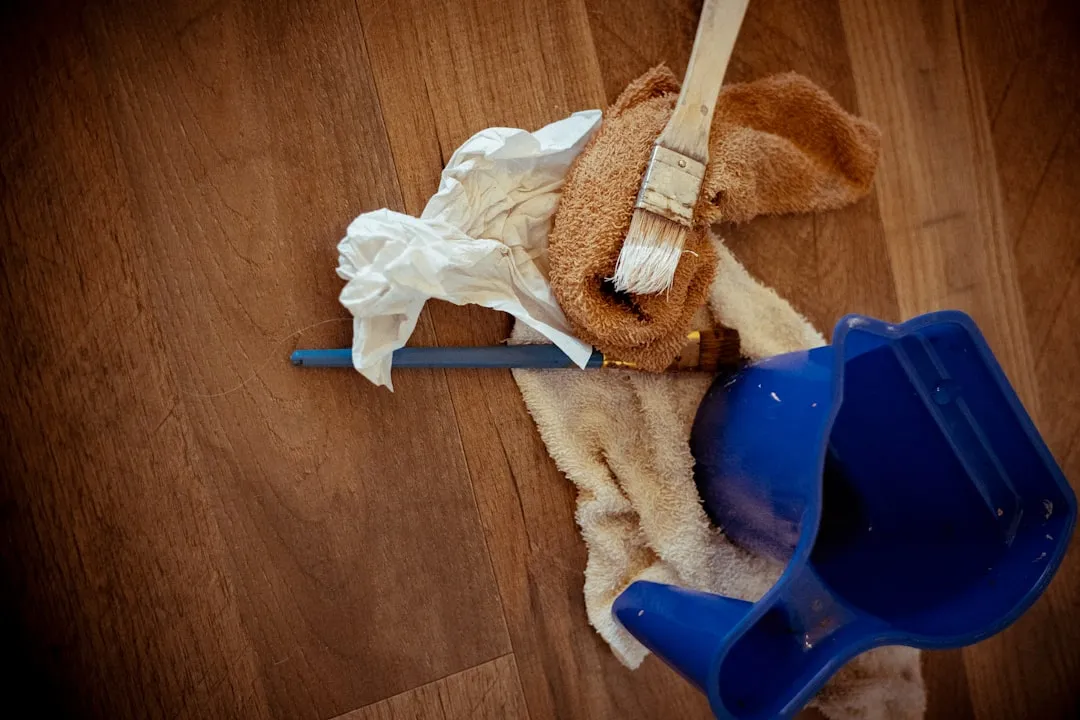
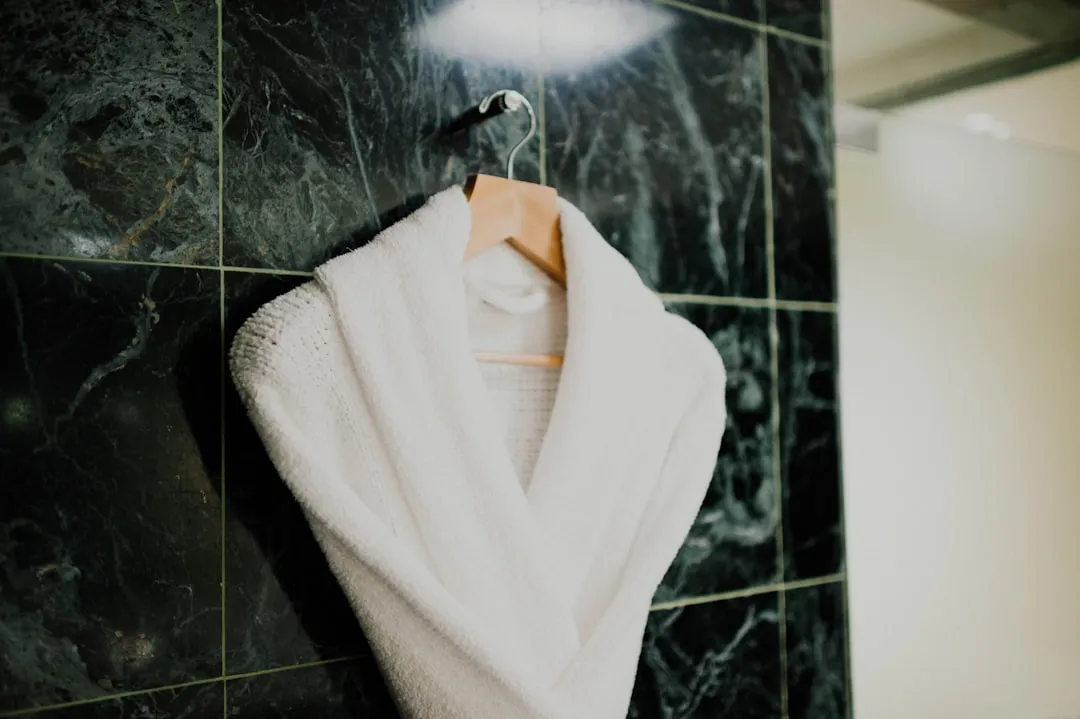
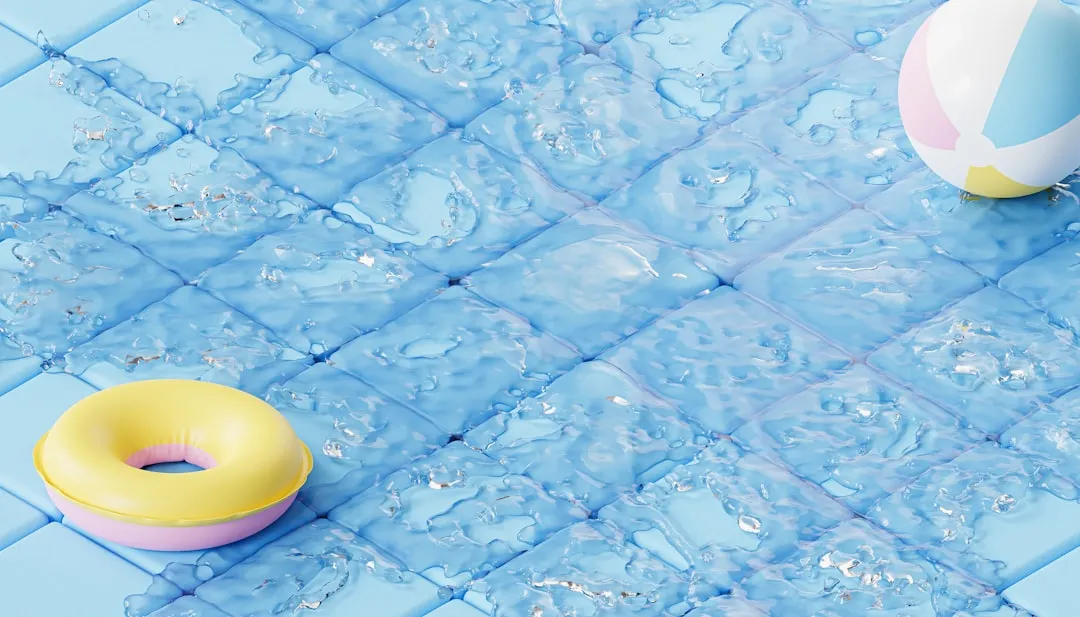
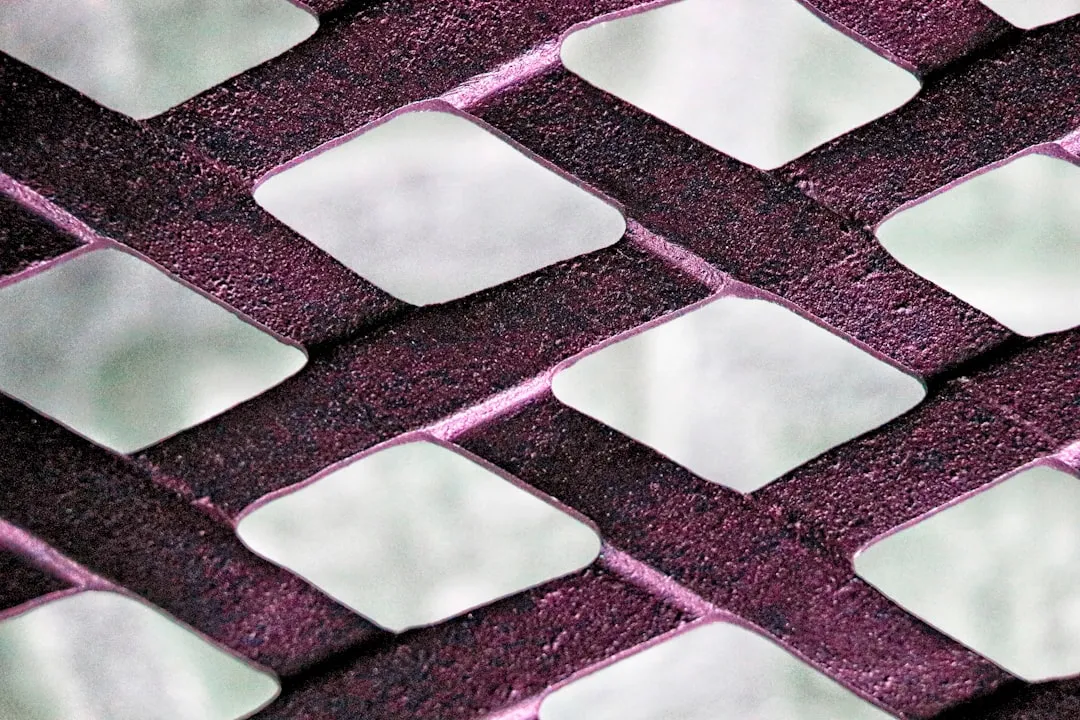

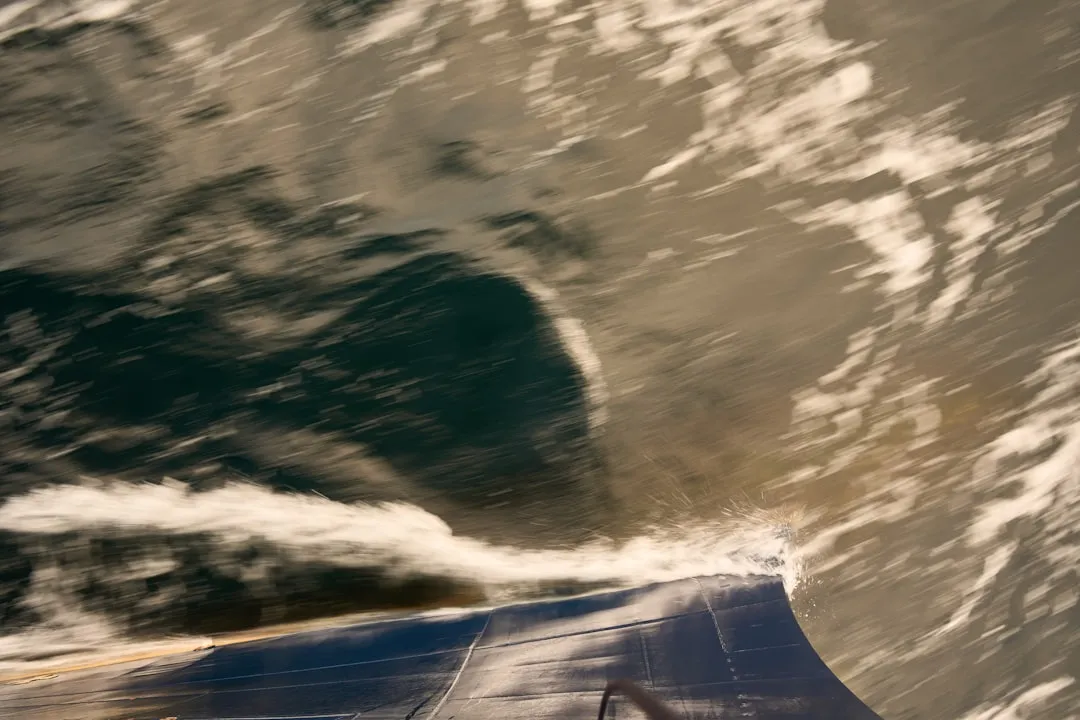

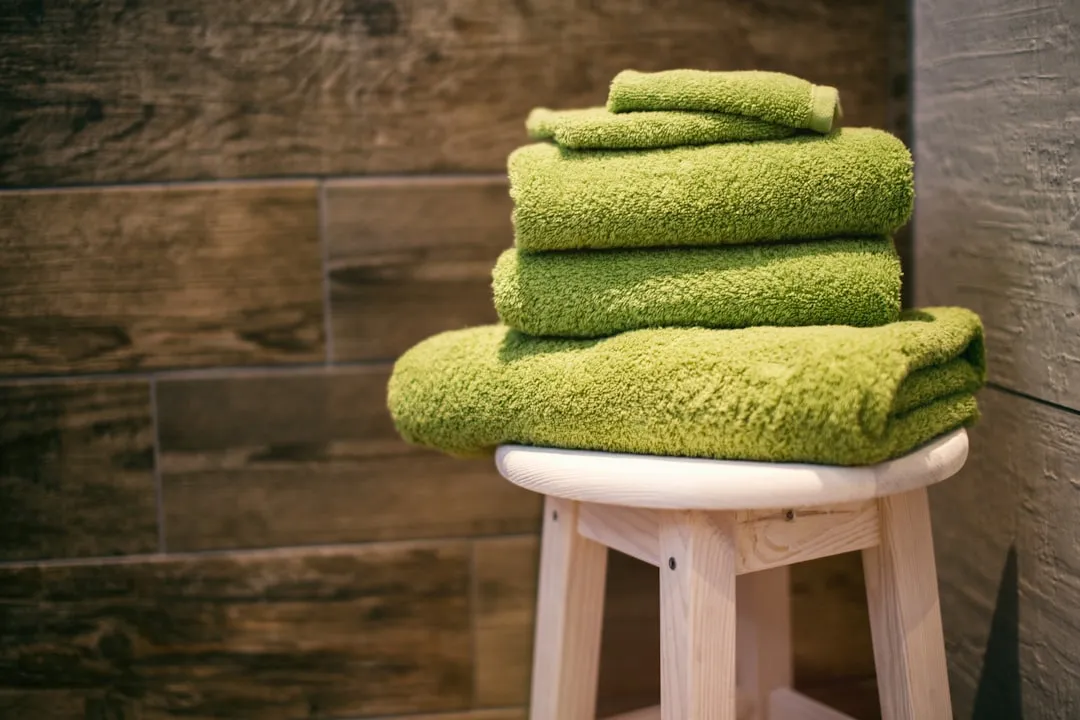
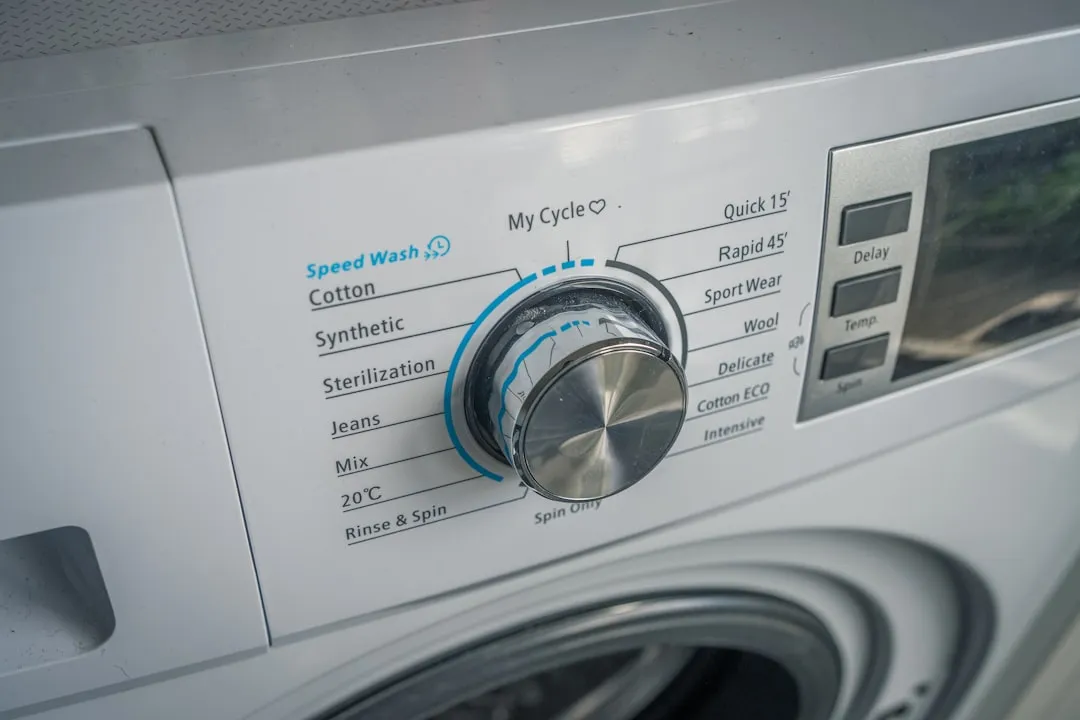

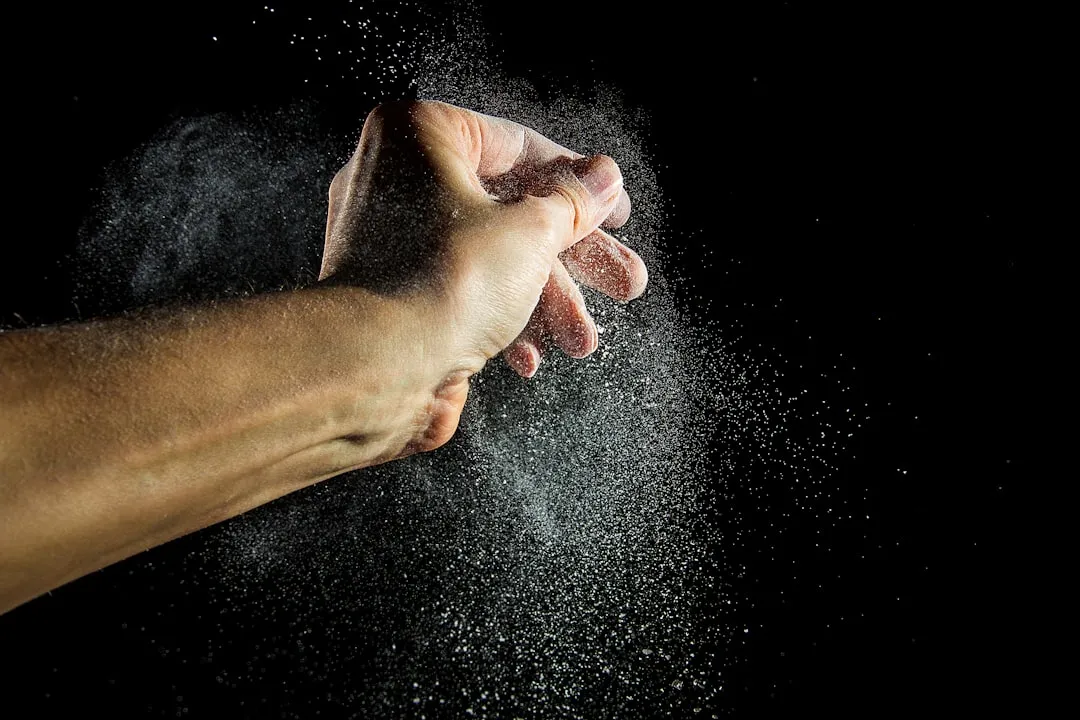
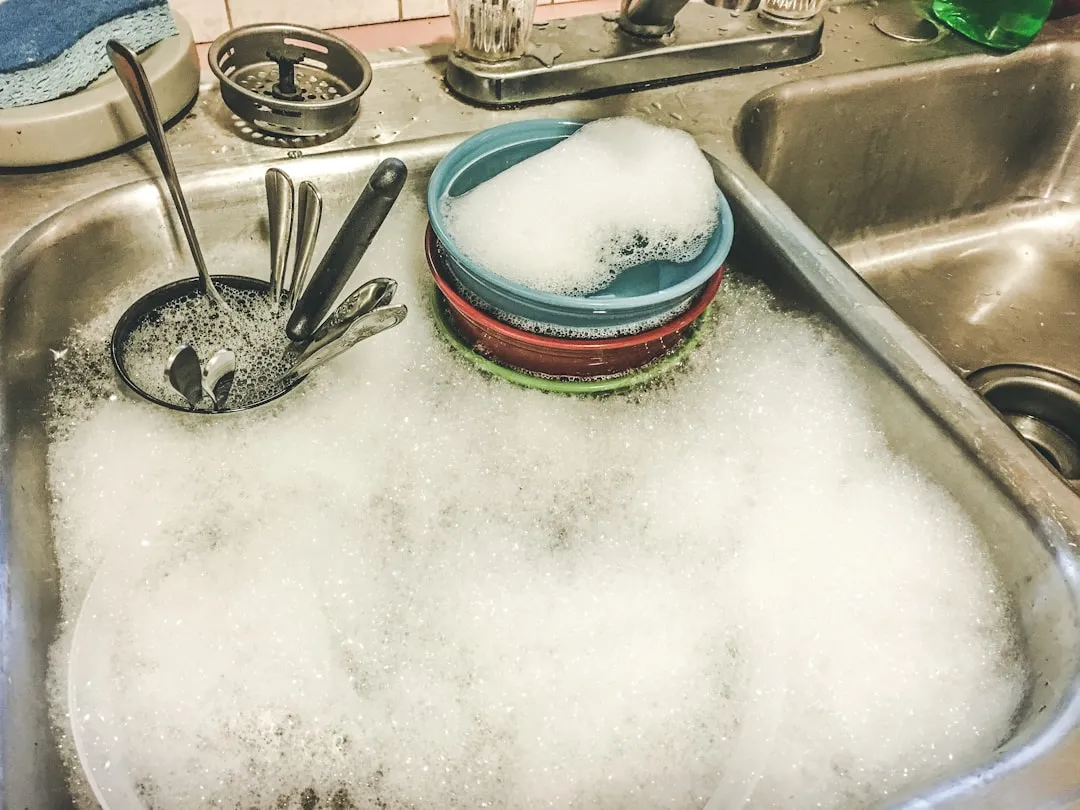

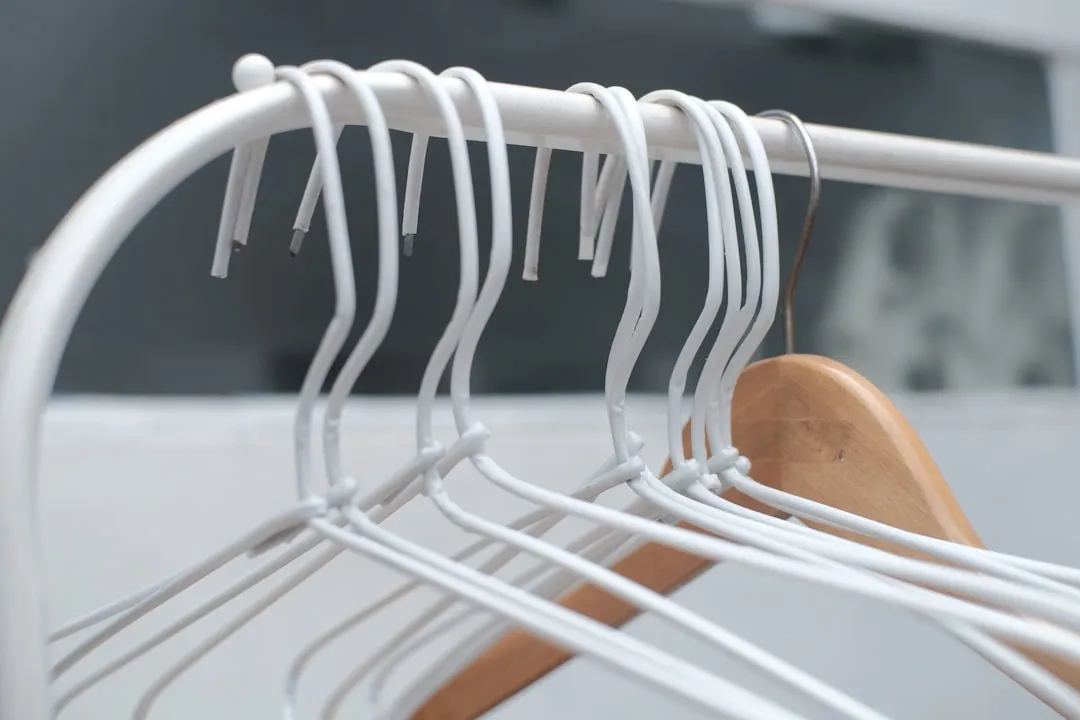
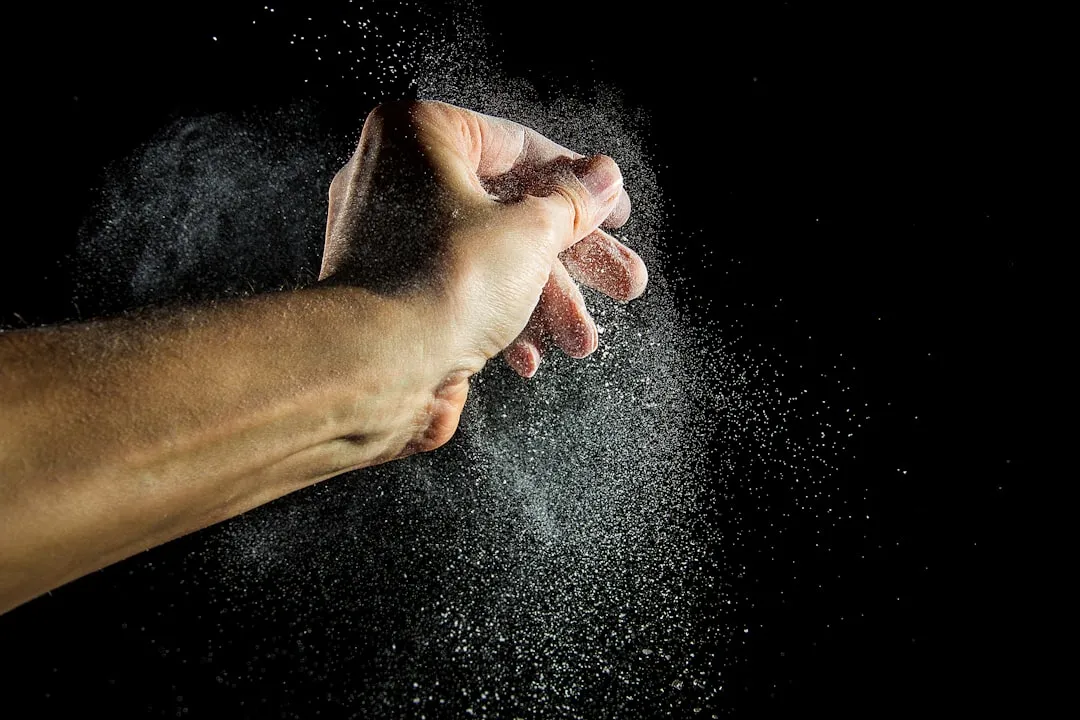
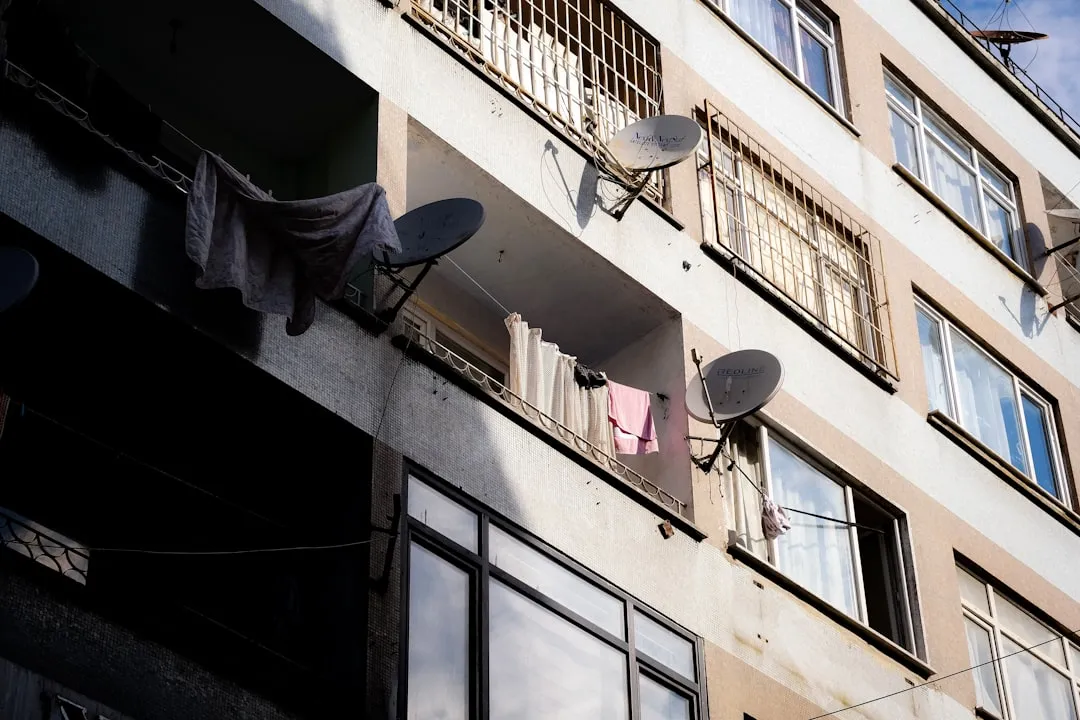
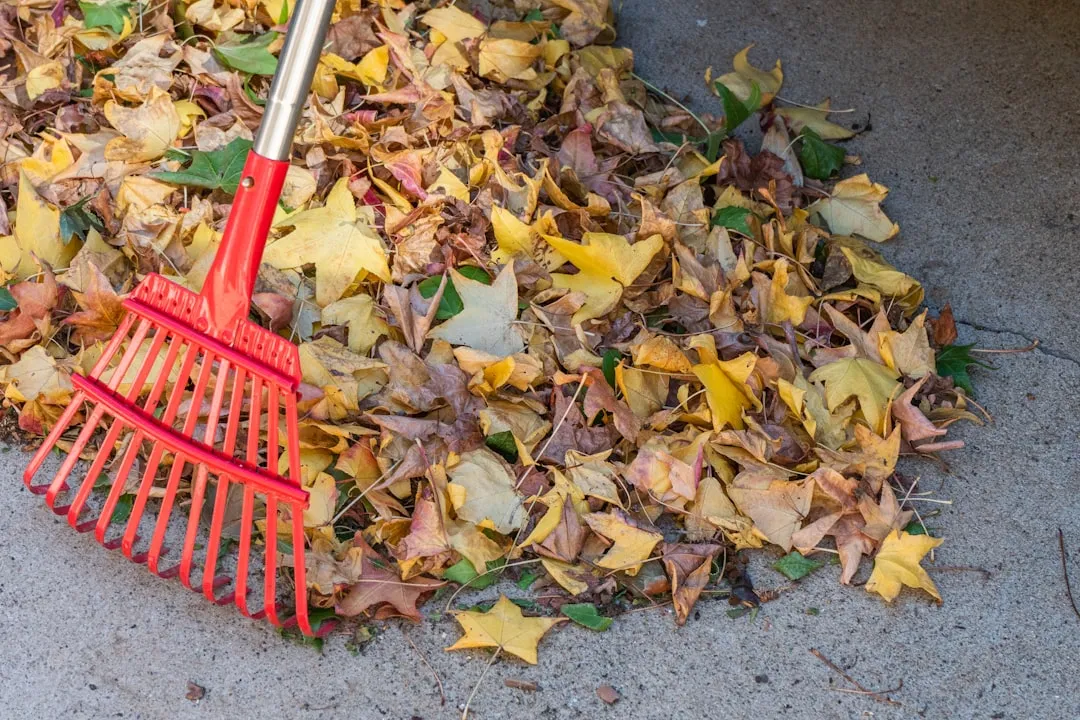
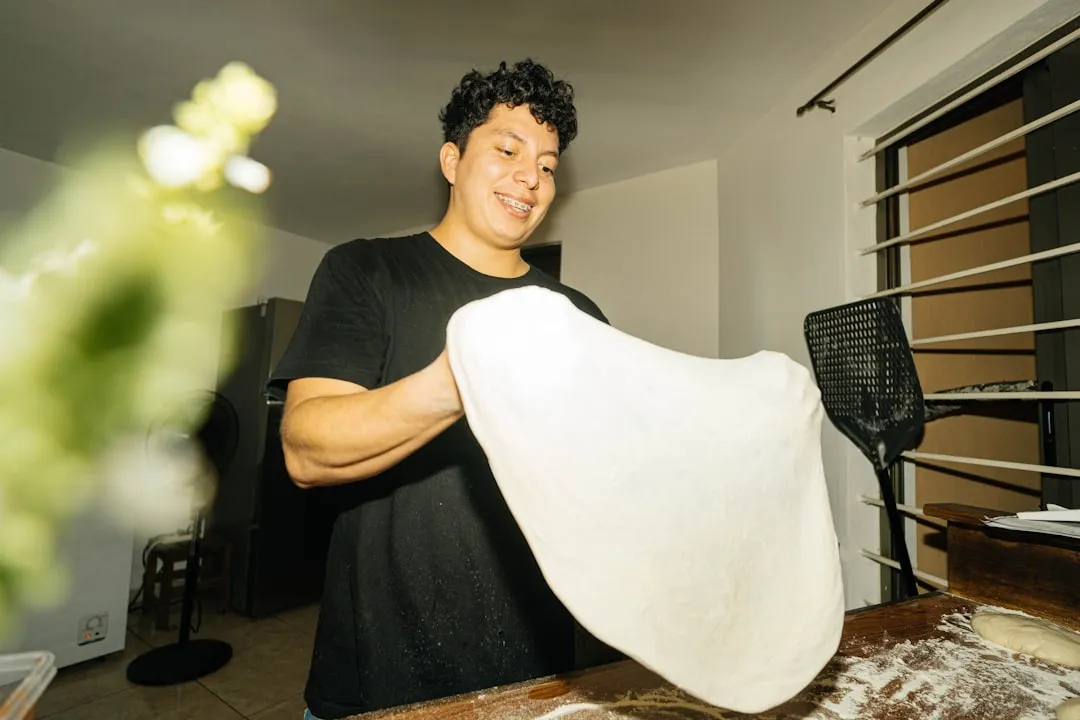
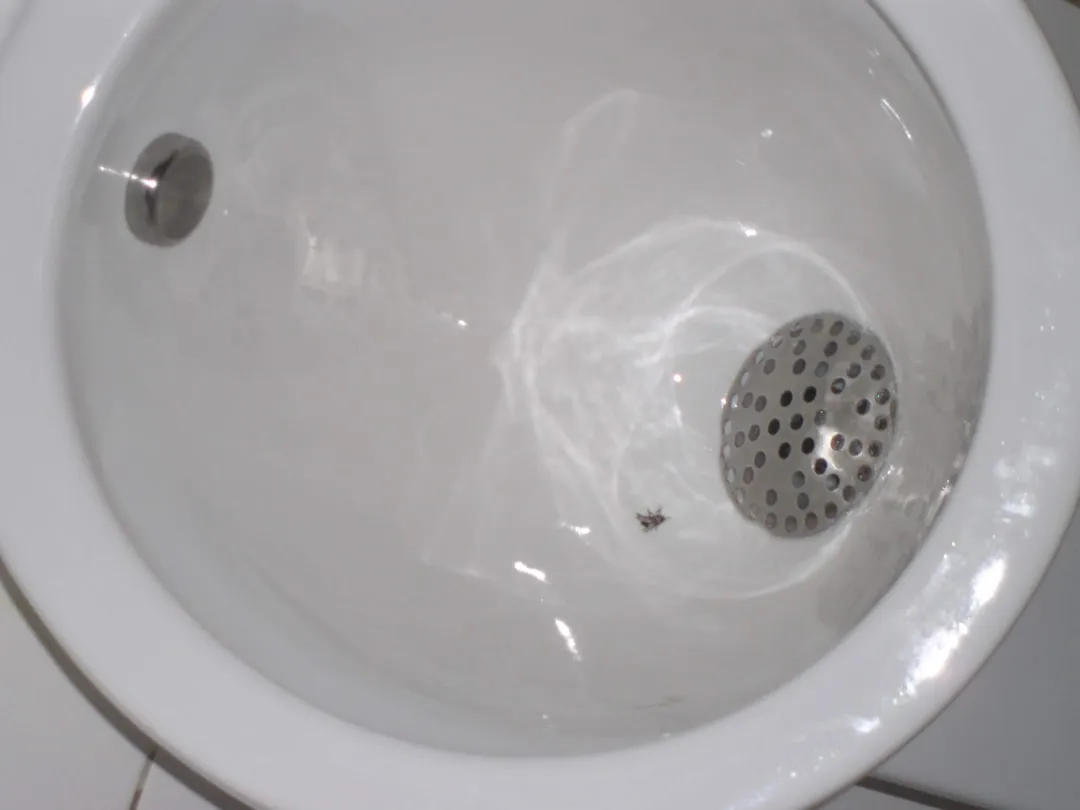
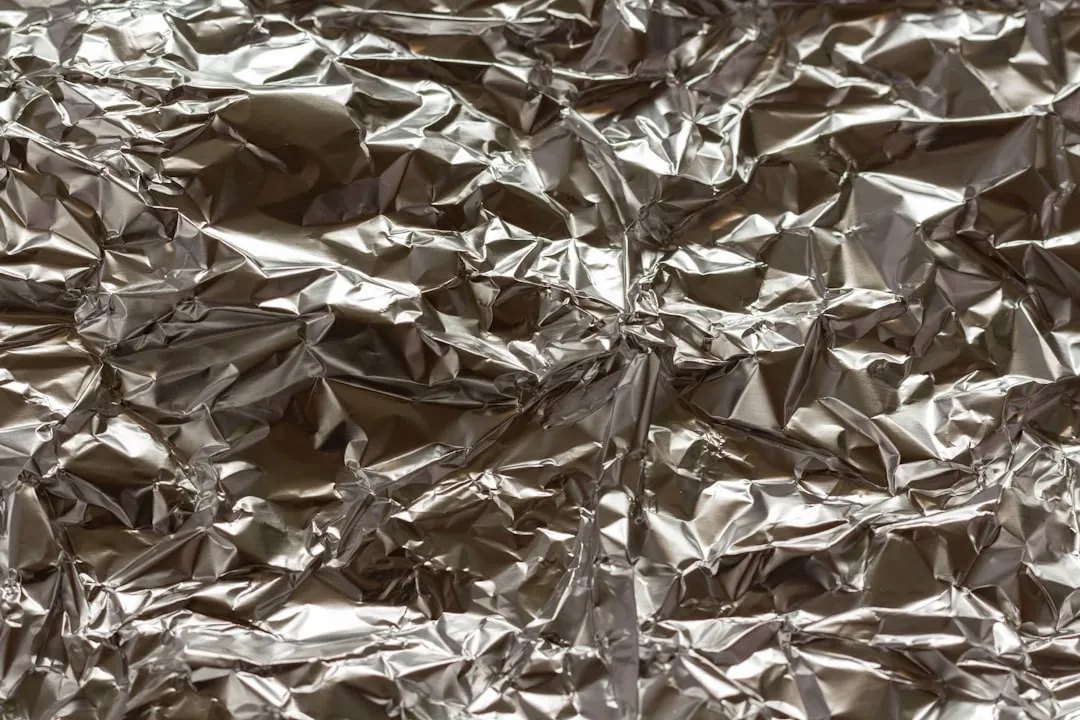
Comments
Be the first, drop a comment!